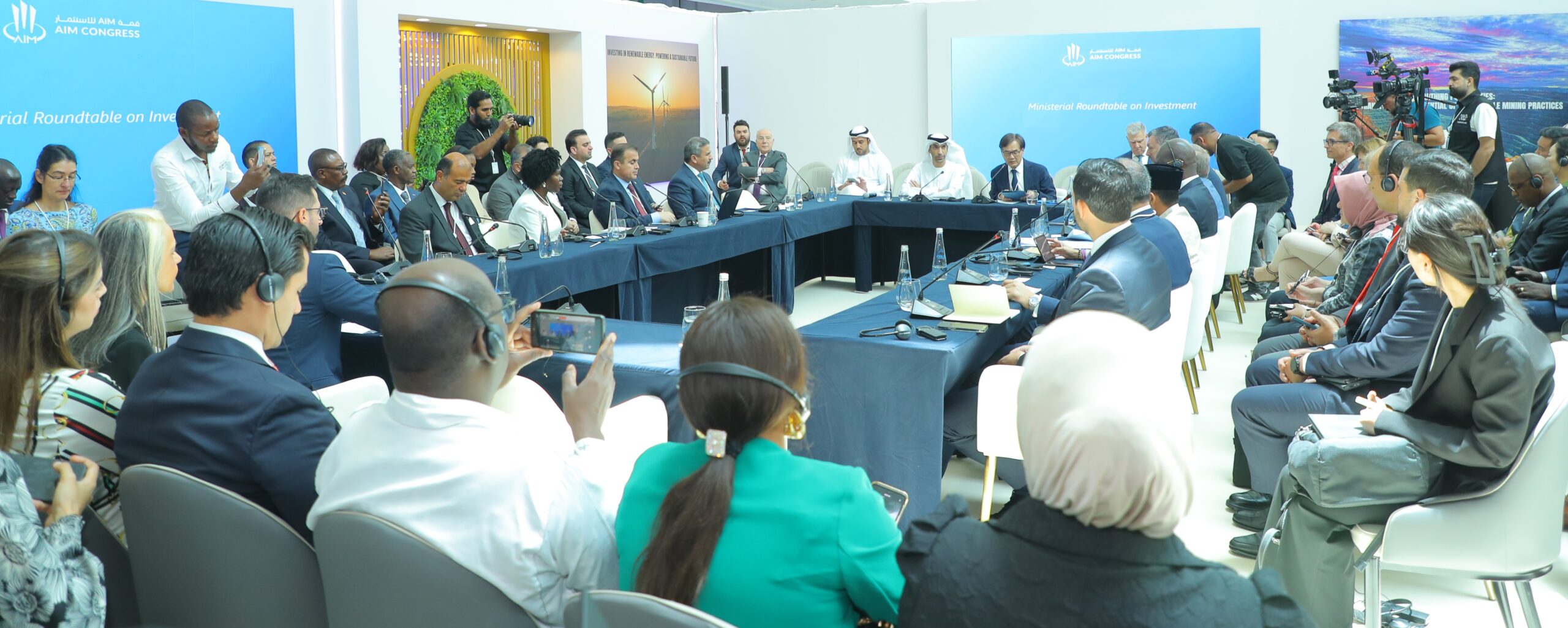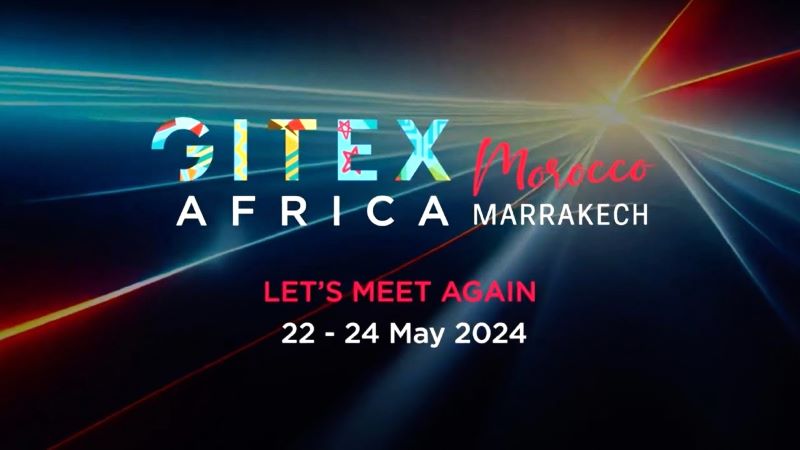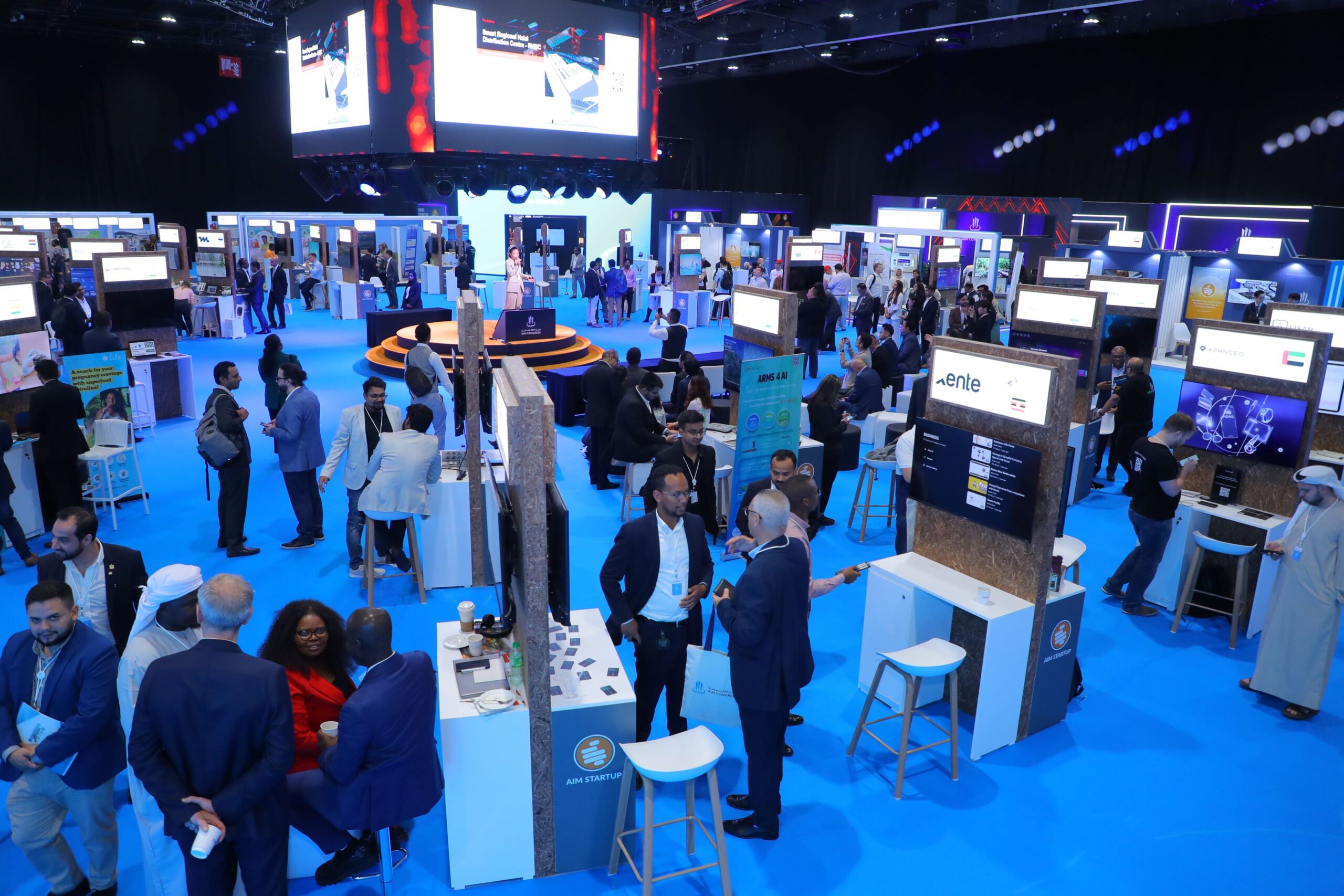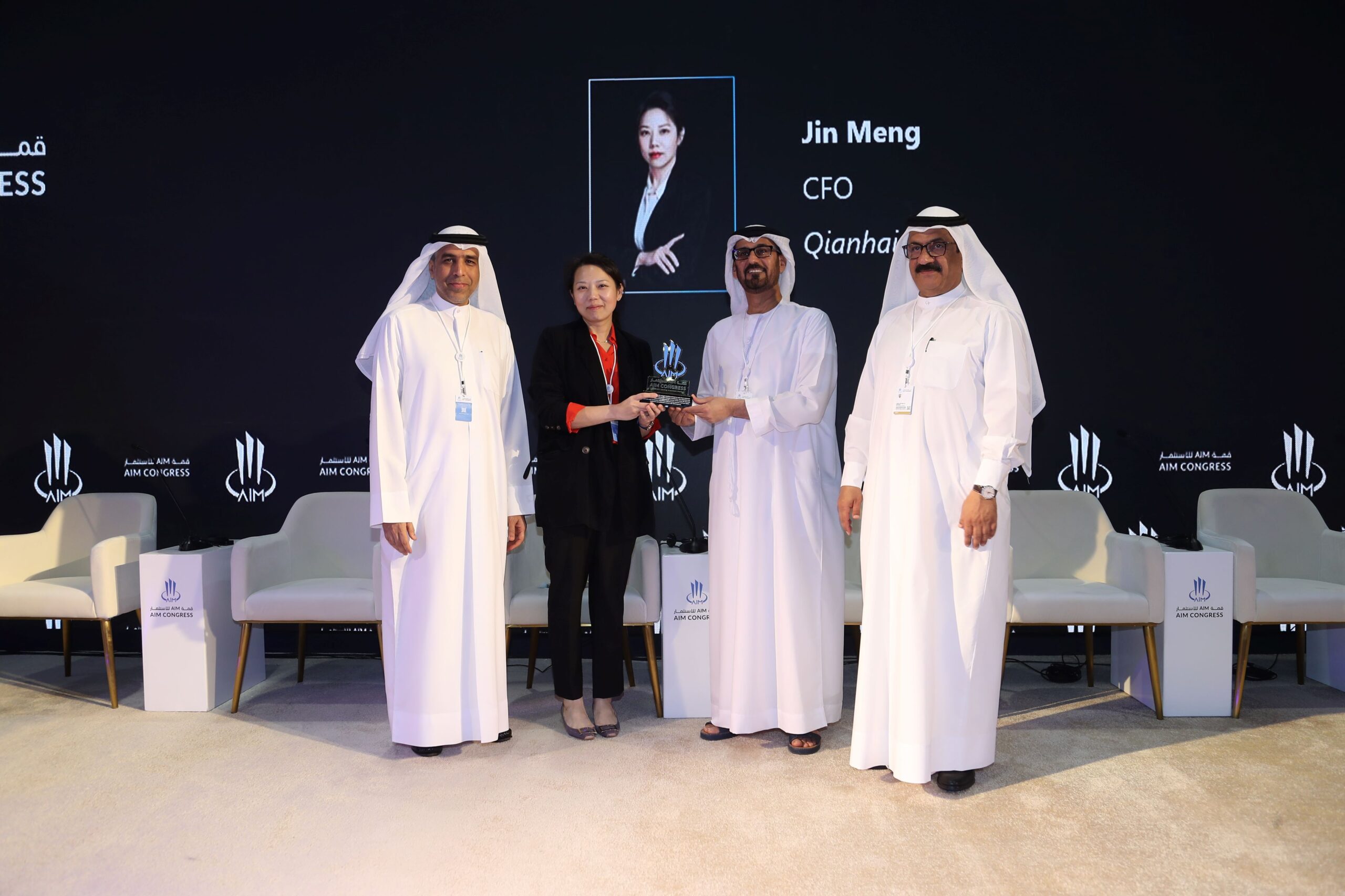Dubai, UAE, 9th May 2024: UN Tourism made a resounding impact at the AIM Congress 2024 with two insightful side events, focusing on empowering women entrepreneurs and navigating tourism investments in the Middle East.
The 2024 AIM Congress took place at ADNEC in Abu Dhabi from May 7-9, 2024, acting as a convergence point for global leaders, international organizations, entrepreneurs from around the world.
On May 8th, UN Tourism hosted a dynamic session centered on “Investing in Innovation and Enabling Women Entrepreneurs.” The event, spearheaded by Ms. Basmah Al-Mayman, Regional Director of the Middle East, UN Tourism, aimed to address the pressing need for support and funding for women-led startups in the tourism sector across the region.
The highlight of the session was the launch of the second edition of the Women in Tech Middle East startup competition, emphasizing sustainability and inclusive growth. The competition garnered significant interest, showcasing the region’s burgeoning entrepreneurial spirit among women.
Distinguished speakers, including Mr. Dawood Al Shezawi, President of AIM Global Foundation, and Ms. Natalia Bayona, Executive Director of UN Tourism, provided invaluable insights into fostering innovation and empowering women in the tourism sector. Panel discussions led by industry experts explored key challenges and opportunities, with a focus on bridging the gender gap and promoting sustainable practices.
Keynote speeches and panel sessions delved into the needs of women entrepreneurs, the role of public and private sectors in empowerment, and investment opportunities in sustainable tourism. The session also featured engaging pitching rounds, providing a platform for aspiring women entrepreneurs to showcase their innovative ideas.
Building on this momentum, UN Tourism continued its impactful presence on May 9th with a compelling discussion on “Quo Vadis Tourism Investments: The Middle East Chapter.” Esteemed panelists, including industry leaders and experts, shed light on the evolving landscape of tourism investments in the region.
Insights shared during the session underscored the Middle East’s growing prominence as a hub for tourism investments, with notable greenfield FDI projects totaling USD 6.8 billion. Speakers emphasized the region’s resilience and strategic vision in driving tourism growth, highlighting initiatives to promote sustainable investments and economic diversification.
Mr. Peter Janech, Coordinator of Innovation, Education, and Investments at UN Tourism, reiterated the organization’s commitment to fostering sustainable tourism practices and facilitating collaborative efforts for economic development. Mr. Alejandro Sabarich Scattaglia shared statistics showcasing the region’s robust FDI inflows and UAE’s emergence as a key investment destination.
Panelists provided valuable insights into exploring untapped destinations, promoting halal tourism, and leveraging technology to enhance visitor experiences. Discussions also centered on strategies to address challenges such as over-tourism and the importance of inclusive growth for local communities.
Ms. Lubna Bader Salim Al Mazroei, Manager of Economic Diversification Investments at Oman Investment Authority, highlighted Oman’s ambitious plans to attract investments worth 20 billion Omani riyals by 2040, emphasizing sustainable employment opportunities and support for SMEs.
As the AIM Congress 2024 draws to a close, UN Tourism reaffirms its commitment to driving inclusive and sustainable tourism growth in the Middle East and beyond. Through collaborative partnerships and innovative initiatives, UN Tourism continues to pave the way for a more resilient and equitable tourism sector.
AIM Congress 2024 hosted more than 150 high-level dignitaries, with 900+ speakers and over 12,000 participants from 175 countries around the world participating for three days from May 7-9 at ADNEC in Abu Dhabi. AIM Congress has also organized 27 joint events in cooperation with over 330+ local, international, and global partners.









